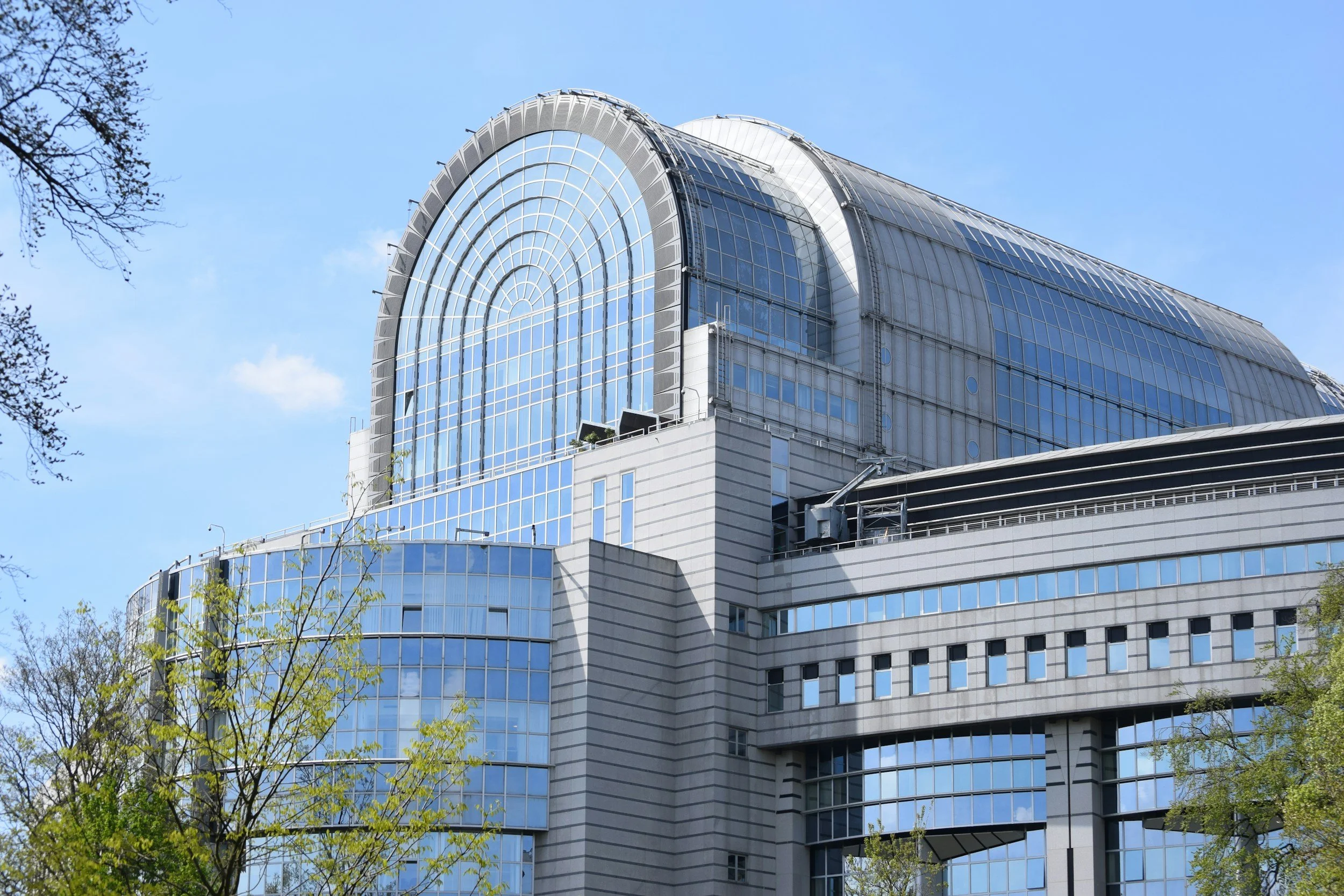July 2025 Newsletter
Here is our latest selection of sustainability stories from July 2025.
“Quick fix” amendments to CSRD introduced and EFRAG publishes proposed changes to ESRS.
The European Commission has adopted a “quick-fix” Delegated Act to ease the reporting burden on ‘Wave 1’ companies i.e. large companies that are already reporting for FY2024.
Under the current (i.e. original) rules, in the first year of reporting Wave 1 companies are allowed to omit certain information such as on the anticipated financial effects of certain sustainability‑related risks (e.g. climate, pollution, biodiversity) and Scope 3 emissions. The latest Act will provide an extended relief period allowing them to continue to omit such information for the next 2 years without having to provide what would have been required under the original scope in years 2 and 3, given that those requirements may not come into effect once the CSRD revision is finalised.
Meanwhile, EFRAG has published draft amendments to the ESRS. Proposed changes include a 50% reduction in mandatory data points with a focus on removing duplicative disclosures, all voluntary ("may") disclosures, and many lower value boiler-plate style narrative responses.
Proposals to update the double-materiality (DMA) process include guidance encouraging a top-down approach in which companies identify their most relevant material topics rather than working through every disclosure topic in the ESRS.
Other proposals will seek to offer “enhanced interoperability” with ISSB’s IFRS S1/S2, and a clearer structure to enable companies to present sustainability information more simply, including optional executive summaries, and appendices for granular data. Final ESRS revisions expected by 31 October 2025, with public consultation through the summer.
EU releases sustainability standard for SMEs
The European Commission has released a new Voluntary Sustainability Reporting Standard for SMEs (VSME) aimed at easing the reporting burden on small and medium-sized companies. The new VSME standard is designed to help smaller companies respond to requests for sustainability information from larger companies and financial institutions. While it was initially created to help companies not covered by CSRD, following the ongoing Omnibus changes, it could be used more broadly, potentially even as the basis of the new simplified standard. The new standard provides a simplified framework designed to suit the generally more limited capacities of SMEs. This includes two modules: basic, and comprehensive, and 20 related indicators.
UK Taxonomy
The UK Government has cancelled plans initiated by the previous government to develop a Green Taxonomy, a framework for classifying environmentally sustainable economic activities. Following a consultation process, the government concluded that the taxonomy would offer limited added value over existing global frameworks and could divert resources from more impactful policies. Instead, the UK will prioritise transition plans, sustainability reporting standards, and sector-specific roadmaps, with a focus on ending greenwashing and accelerating sustainable investment. The decision also seeks to avoid regulatory duplication and maintain international interoperability, especially with the EU (i.e. CSRD) and ISSB standards.
ESMA releases expectations on sustainability claims
ESMA has published a thematic note outlining expectations for clear, fair, and not misleading sustainability-related claims, especially around ESG credentials. The note emphasises four guiding principles: claims must be accurate, accessible, substantiated, and up to date. It targets non-regulatory communications like marketing materials and voluntary reporting, aiming to eliminate greenwashing. ESMA highlights common issues such as cherry-picking data, exaggerating ESG labels or awards, and vague comparisons to peers. It provides practical “dos and don’ts” for market participants including fund managers, issuers, benchmark administrators, and service providers. And it provides practical examples of good and bad practices.
Companies continue to value sustainability, according to Morgan Stanley
Morgan Stanley’s “Sustainable Signals: Corporates 2025” survey revealed that 88% of global companies view sustainability as a long-term value creation opportunity, up 3% since the previous report in 2024. Of the 88%, 53% see sustainability primarily as a driver of value, while 35% combine it with risk management. Companies cited profitability (25%), revenue growth (19%), and lower cost of capital (13%) as top benefits. Notably, 83% can now measure ROI on sustainability investments, helping to improve capital allocation decisions. Despite high investment needs and political uncertainty, 65% of companies say their strategies are meeting or exceeding expectations. 57% of companies reporting physical impacts on their operations as a result of climate related events. Extreme heat was the most common event, and increased operational cost the most reported impact, followed by worker disruption and revenue losses. In response, 80% of companies affected noted plans to increase resilience measures.
SBTi releases net-zero standard for finance
The Science Based Targets initiative (SBTi) launched its Financial Institutions Net-Zero Standard, providing the first science-based framework for banks, asset managers, insurers, and private equity firms to align their financial activities with net-zero goals. The standard requires institutions to commit to net-zero by 2050, assess emissions across lending and investment portfolios, and publish policies to phase out financing for fossil fuel expansion and deforestation. It introduces flexible target-setting options, allowing firms to focus on portfolio alignment or financed emissions. Institutions must also disclose climate metrics annually and engage with high-emission sectors. Developed through two public consultations and pilot testing with over 30 firms, the standard has already attracted commitments from 135 financial institutions globally.
If you’d like to know more or discuss any of these topics please get in touch.









